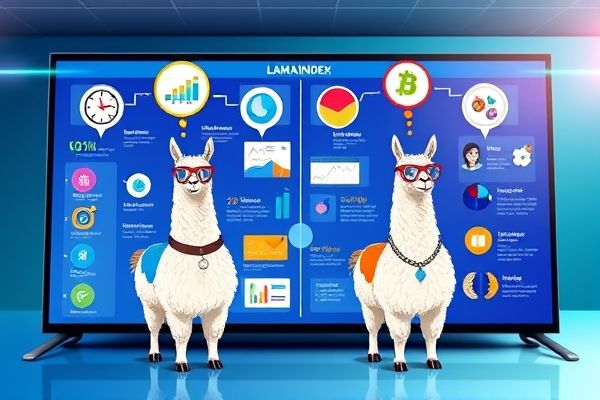LlamaIndex vs LangChain: Which RAG Tool is Right for You?
Selecting the ideal retrieval-augmented generation (RAG) tool for large language model (LLM) applications can significantly impact your project’s success. This post provides a detailed comparison of two leading frameworks—LlamaIndex and LangChain. We will also discuss n8n, a low-code solution that blends the power of LangChain with a user-friendly interface.
LlamaIndex Overview
- Strengths:
- Optimized for high-performance querying of extensive datasets.
- Facilitates easy integration with various data sources.
- Limitations:
- Steep learning curve due to its technical setup requirements.
LangChain Insights
- Strengths:
- Highly customizable, allowing for tailored workflows to meet specific requirements.
- Active community support and extensive online resources.
- Limitations:
- Complexity can be overwhelming for users without technical backgrounds.
Want a Low-Code Solution? Consider n8n
For those seeking a low-code option, n8n effectively merges the powerful capabilities of LangChain with an accessible interface. This makes it an attractive choice for teams prioritizing quick development and user-friendliness in their LLM applications.
Conclusion
Ultimately, the choice of a RAG tool should align with your project goals and your team’s expertise. LlamaIndex is ideal if performance is the priority, while LangChain excels in flexibility, and n8n serves as a balanced option for low-code environments.
Further Reading
For additional insights into RAG tools and their application in the field, consider the following resources:



